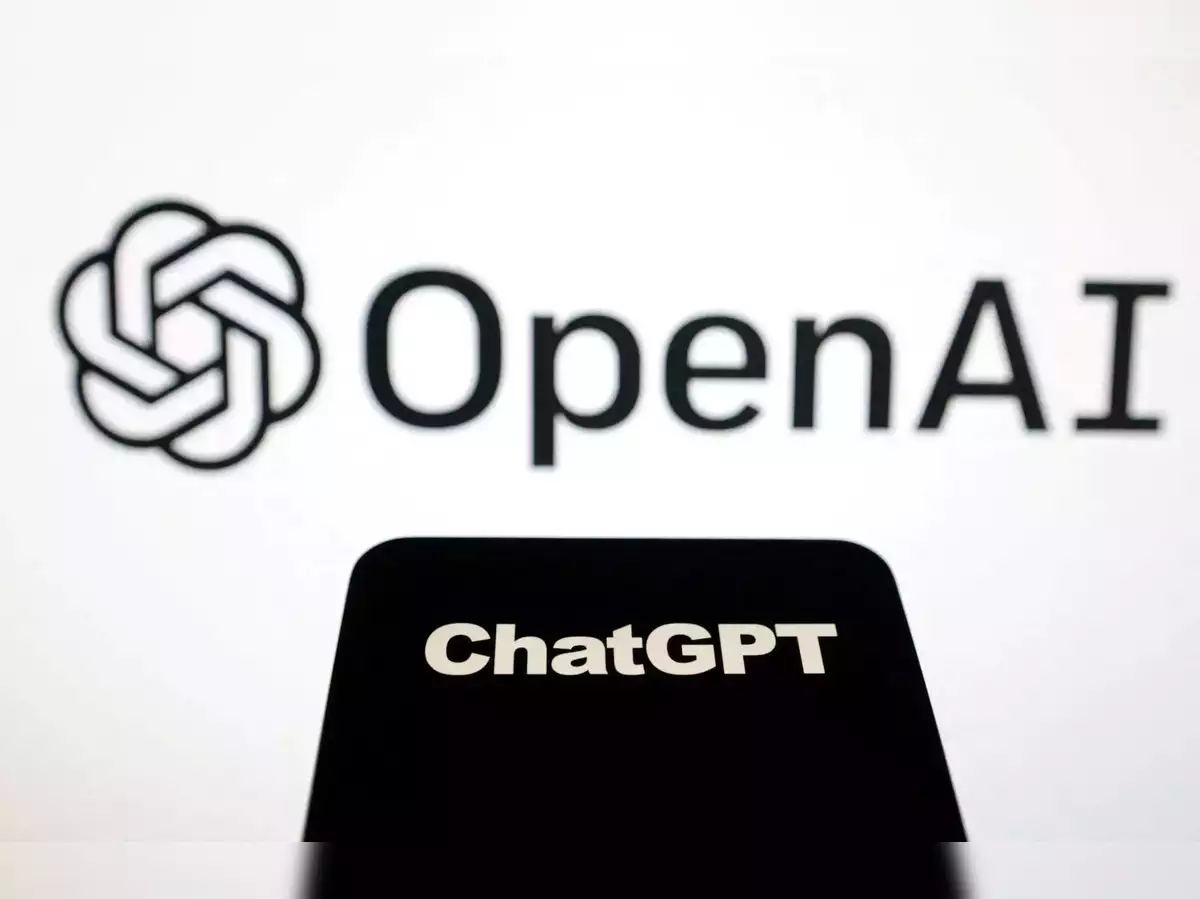In a move that is set to redefine the capabilities of artificial intelligence, OpenAI recently unveiled a groundbreaking upgrade to its flagship language model, ChatGPT. This new iteration boasts a remarkable enhancement: the ability to reason through complex mathematical problems and scientific concepts. The implications of this development are far-reaching, promising to transform fields ranging from education and research to engineering and beyond.
The Genesis of a Breakthrough
OpenAI’s relentless pursuit of pushing the boundaries of AI has culminated in this latest achievement. By leveraging advanced techniques in machine learning and natural language processing, the research organization has equipped ChatGPT with the tools to not only comprehend but also analyze and solve intricate problems in the realms of mathematics and science. This represents a significant leap forward from previous versions, which, while impressive in their language generation capabilities, often struggled with tasks requiring logical reasoning and quantitative analysis.
Unveiling the Power Within
The newly enhanced ChatGPT demonstrates an impressive ability to tackle a wide array of mathematical and scientific challenges. From solving algebraic equations and geometric proofs to explaining chemical reactions and physical phenomena, the model showcases a level of comprehension and problem-solving skills that were once thought to be exclusive to human intelligence. This newfound capability is poised to revolutionize the way we interact with AI, opening up a world of possibilities for collaboration and innovation.
Applications Across the Spectrum
The potential applications of this upgraded ChatGPT are vast and varied. In the field of education, it could serve as a personalized tutor, providing students with step-by-step explanations and guidance on challenging topics. Researchers could leverage its capabilities to analyze complex data sets and generate hypotheses, accelerating the pace of scientific discovery. Engineers and designers could utilize it to optimize designs and simulate scenarios, streamlining the development process.
The Road Ahead: Challenges and Opportunities
While the advancements showcased by the new ChatGPT are undeniably impressive, they also raise important questions about the future of AI. As these models become increasingly sophisticated, it is crucial to ensure that they are used ethically and responsibly. Addressing issues such as bias, transparency, and accountability will be paramount in harnessing the full potential of this technology for the benefit of society.
My Personal Take
Having experimented with the new ChatGPT, I am truly astounded by its capabilities. The way it seamlessly transitions from explaining abstract scientific concepts to solving intricate mathematical equations is nothing short of remarkable. I believe this technology has the potential to democratize access to knowledge and empower individuals across the globe. However, it is also essential that we proceed with caution, ensuring that AI remains a tool for good and not a source of harm.
Delving Deeper: ChatGPT’s Inner Workings
- Training on Massive Datasets: The new ChatGPT has been trained on a colossal dataset comprising text and code, enabling it to grasp the nuances of mathematical and scientific language.
- Reinforcement Learning from Human Feedback: The model has been fine-tuned using reinforcement learning from human feedback, ensuring that it aligns with human values and preferences.
- Code Execution Capability: ChatGPT can now execute code, allowing it to perform calculations and generate visualizations, further enhancing its problem-solving abilities.
Addressing Concerns: Ethics and Safety
OpenAI is acutely aware of the ethical considerations surrounding the development and deployment of advanced AI models. To mitigate potential risks, the organization has implemented several safeguards:
- Limited Access: The new ChatGPT is currently available to a select group of users for testing and feedback.
- Content Filters: The model is equipped with content filters to prevent the generation of harmful or misleading information.
- Ongoing Research: OpenAI is actively researching ways to improve the safety and alignment of its AI models.
The Future of AI: A Glimpse into the Possibilities
The unveiling of the new ChatGPT marks a significant milestone in the evolution of artificial intelligence. As these models continue to advance, we can anticipate a future where AI plays an even more integral role in our lives, augmenting our capabilities and helping us solve some of the world’s most pressing challenges. From personalized medicine to climate modeling, the possibilities are endless.
OpenAI’s latest ChatGPT update heralds a new era of AI-powered innovation. By equipping AI with the ability to reason through math and science, we are unlocking a world of possibilities that were once thought to be beyond the reach of machines. As we navigate this exciting new frontier, it is crucial that we do so responsibly, ensuring that AI serves as a force for good in the world. The journey has just begun, and the future is brimming with potential.






























